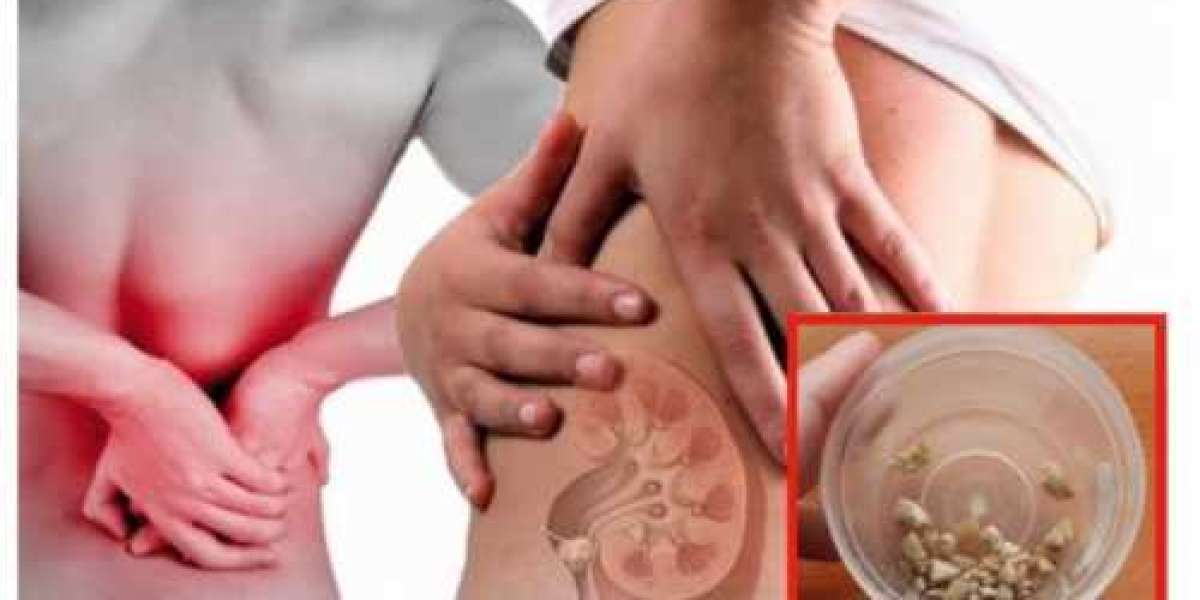Kidney stones, also known as nephrolithiasis, are solid deposits formed from minerals and salts in the kidneys. They can vary in size and composition, leading to a range of symptoms depending on the type of stone and its location within the urinary tract. Understanding these symptoms is crucial for timely diagnosis and treatment. Dr. Abhijit Gokhale, a seasoned urologist with 25 years of experience, emphasizes the importance of recognizing these signs to prevent complications associated with kidney stones.
Dr. Abhijit Gokhale is a prominent Urologist, Andrologist, and Urological Surgeon based in Shivajinagar, Pune. He has dedicated his career to treating various urological conditions, including kidney stones. After completing his MBBS from B J Medical College, Pune in 1988, he pursued an MS in General Surgery from the same institution in 1993 and later obtained a DNB in Urology/Genito-Urinary Surgery from the National Board of Examination in 2000. Dr. Gokhale is a member of several prestigious organizations, including the Urological Society of India (USI) and the Pune Surgical Society.
In this article, we will explore the symptoms associated with different types of kidney stones, helping patients identify potential issues early and seek appropriate medical care.
Types of Kidney Stones and Their Symptoms
- Calcium Stones
Characteristics: Calcium stones are the most common type of kidney stone, primarily composed of calcium oxalate or calcium phosphate.
Symptoms:
- Severe Pain (Renal Colic): Patients often experience intense pain that begins in the flank (the side) and may radiate to the lower abdomen and groin. This pain can come in waves as the stone moves through the urinary tract.
- Blood in Urine (Hematuria): The presence of blood may cause urine to appear pink, red, or brown.
- Frequent Urination: An increased urge to urinate or urinate in small amounts frequently can occur.
- Nausea and Vomiting: These symptoms often accompany severe pain episodes.
- Cloudy or Foul-Smelling Urine: This may indicate an infection.
- Uric Acid Stones
Characteristics: Uric acid stones form when urine is persistently acidic, often associated with high protein diets.
Symptoms:
- Intense Flank Pain: Similar to calcium stones, pain typically starts in the back or side and can radiate downwards.
- Blood in Urine: Hematuria is common with uric acid stones as well.
- Frequent Urination: Patients may feel an urgent need to urinate frequently.
- Nausea and Vomiting: These symptoms are also prevalent during episodes of severe pain.
- Struvite Stones
Characteristics: Struvite stones are often associated with urinary tract infections (UTIs) and can grow rapidly.
Symptoms:
- Severe Pain: Pain can be intense and is usually accompanied by symptoms typical of a UTI.
- Fever and Chills: These symptoms may indicate an infection related to struvite stones.
- Blood in Urine: Similar to other types, hematuria may occur.
- Cloudy or Foul-Smelling Urine: This is often indicative of an infection.
- Cystine Stones
Characteristics: Cystine stones are rare and result from a genetic disorder that causes excessive amounts of cystine to leak into urine.
Symptoms:
- Severe Flank Pain: Patients experience pain similar to that caused by other types of stones.
- Blood in Urine: Hematuria is common with cystine stones.
- Frequent Urination and Difficulty Passing Urine: Patients may experience an urgent need to urinate frequently or have difficulty doing so.
- Nausea and Vomiting: Can occur during episodes of pain.
General Symptoms Across All Types
Regardless of the type of kidney stone, several common symptoms can be observed:
- Severe Pain (Renal Colic): This pain is often described as one of the most intense sensations experienced by patients. It typically starts suddenly and comes in waves as the body attempts to expel the stone.
- Nausea and Vomiting: Frequently accompany severe pain episodes.
- Changes in Urination Patterns: This includes increased frequency, urgency, or discomfort while urinating.
When to Seek Medical Attention
It is essential for patients to seek immediate medical care if they experience:
- Severe pain that does not subside
- Blood in their urine
- Fever and chills
- Nausea and vomiting
- Cloudy or foul-smelling urine
These symptoms may indicate a more serious condition requiring prompt evaluation and treatment.
Conclusion:
In summary, understanding the symptoms associated with different types of kidney stones is essential for timely diagnosis and effective management. Kidney stones can manifest through severe pain, blood in urine, frequent urination, nausea, and other distressing symptoms that vary depending on the stone's composition. Dr. Abhijit Gokhale, a seasoned Urologist and Urological Surgeon with 25 years of experience in Pune, emphasizes the importance of recognizing these signs early to prevent complications.
At Sanjeevan Surgery in Shivajinagar, Pune, He provides comprehensive care for patients suffering from kidney stones. His extensive training and experience enable him to offer a range of treatment options tailored to individual needs, including conservative management for small stones and advanced surgical techniques for larger or more complex cases.
For those experiencing symptoms of kidney stones, seeking prompt medical attention is crucial. With numerous effective treatment options available in Pune, including minimally invasive procedures like laser lithotripsy and ureteroscopy, patients can find relief from their symptoms and reduce the risk of recurrence. For expert kidney stone treatment in Pune, Dr. Gokhale is a trusted resource dedicated to helping patients achieve optimal health.






